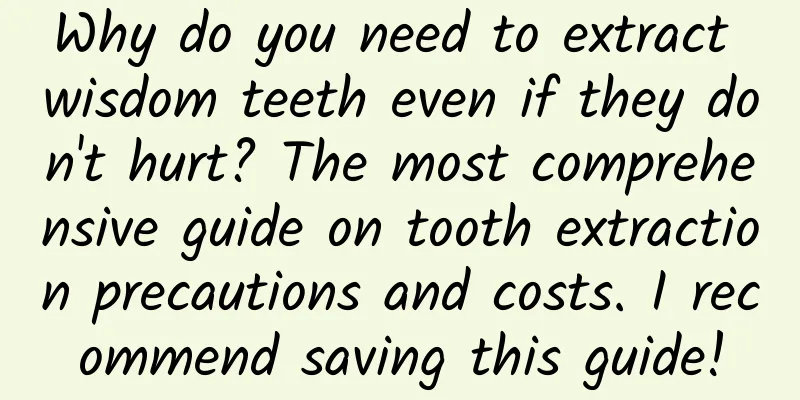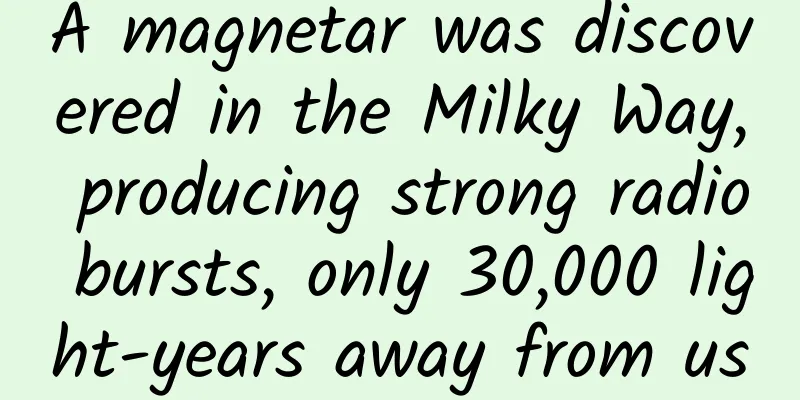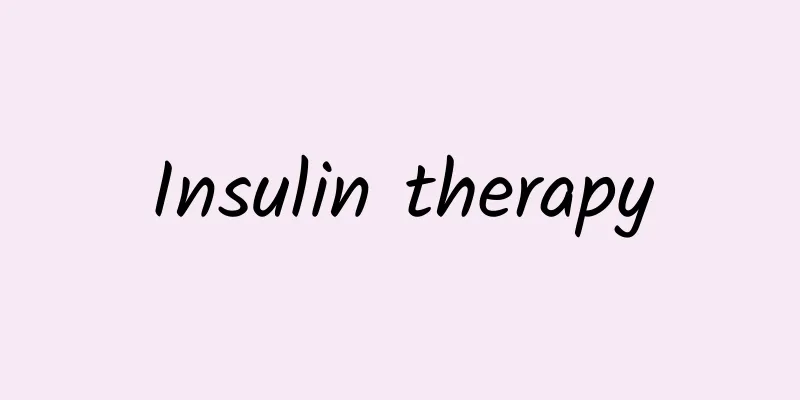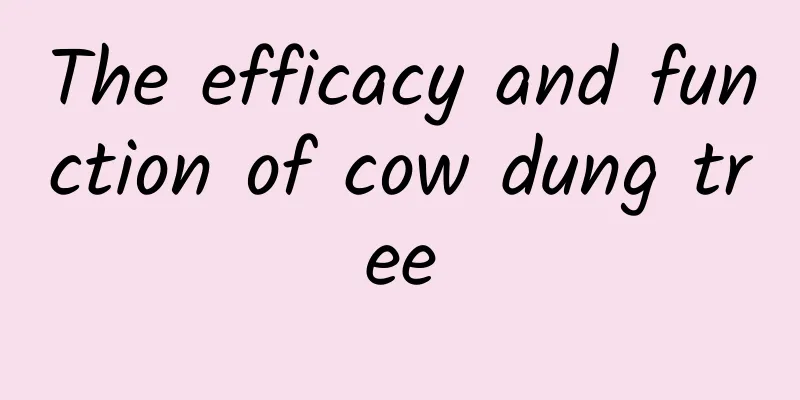Esophagitis treatment method
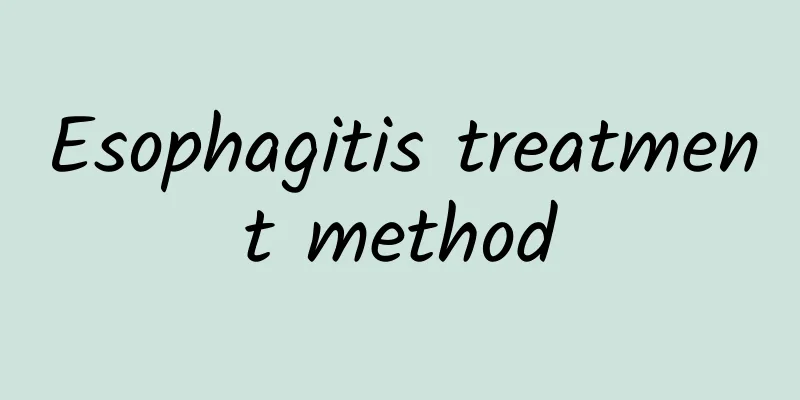
|
I believe that most of you have had little contact with esophagitis before. It is not a common disease, but the incidence rate has been increasing recently, which has had a great impact on many of us. Many people are also actively looking for various effective methods for treatment, but most of them have not achieved a good cure. Traditional Chinese medicine treatment can achieve the purpose of treating both the symptoms and the root cause. Let me briefly describe the traditional Chinese medicine treatment method for esophagitis. Traditional Chinese medicine usually adopts the method of syndrome differentiation and treatment for reflux esophagitis. According to the theory of traditional Chinese medicine, reflux esophagitis is divided into the following types: Symptoms of emotional distress include pain or burning sensation behind the sternum, which is often triggered or aggravated by emotional distress, as well as abdominal and flank pain, acid reflux, and loss of appetite. The treatment adopts the method of soothing the liver and regulating qi, harmonizing the stomach and relieving counterflow. The prescription is Chaihu Shugan San with modifications: 6 grams of bupleurum, 15 grams of white peony root, 15 grams of cuttlefish bone, 10 grams each of Curcuma, Corydalis, processed Cyperus rotundus, Sophora flavescens, Pinellia, and Citrus aurantium, and 5 grams of liquorice. Symptoms of spleen deficiency and qi stagnation include a dull burning sensation under the xiphoid process or behind the sternum, fullness in the stomach, loss of appetite, acid reflux or vomiting of clear water, and irregular bowel movements. The treatment uses modified clove and persimmon calyx powder, which is known to invigorate the spleen and regulate qi, warm the stomach and reduce counterflow: 3 grams of cloves, 20 grams of persimmon calyx, 10 grams each of Atractylodes macrocephala, Corydalis yanhusuo, and ginger, 15 grams each of Codonopsis pilosula, Poria cocos, and Sophora flavescens, and 12 grams of Pinellia ternata. Symptoms of liver depression transforming into heat include pain behind the sternum or burning pain, acid reflux and belching, irritability, hot head and face, dry and bitter mouth, polydipsia, dry and hard stools, and red tongue. The treatment method of soothing the liver and clearing heat, harmonizing the stomach and relieving counterflow can be adopted. The prescription can be Danzhi Xiaoyao Powder with modifications: 10 grams each of Danpi, Gardenia, Rhubarb, Pollen, White Peony Root, 6 grams of Bupleurum, 20 grams each of Raw Digualou, 30 grams of Lithospermum, and 12 grams of Anemarrhena. Symptoms of spleen deficiency and stomach heat include burning sensation under the xiphoid process, dull pain and fullness in the stomach, poor appetite, acid reflux, vomiting of clear water, belching, etc. The treatment method is to strengthen the spleen and replenish qi, clear the stomach and reduce counterflow. The prescription is Banxia Xiexin Decoction with modifications: 10 grams each of Codonopsis pilosula, Pinellia ternata, Scutellaria baicalensis, Corydalis yanhusuo, and jujube, 5 grams each of dried ginger, Coptis chinensis, and roasted licorice, 20 grams of cuttlefish bone, and 15 grams of Poria cocos. Symptoms of Qi deficiency and blood stasis include difficulty in swallowing, pain behind the sternum, fatigue, dull complexion, emaciation, pale tongue, and petechiae on the edges of the tongue. The treatment method is to invigorate qi and nourish yin, resolve blood stasis and disperse nodules. The prescription is Qi Ge San with modifications: 20 grams each of Salvia miltiorrhiza, Poria cocos, and Pseudostellaria baicalensis, 15 grams of Fritillaria thunbergii, 15 grams each of lotus leaf and stalk, 12 grams each of Angelica sinensis and Curcuma aromatica, 3 grams of Panax notoginseng powder, 10 grams of peach kernel, and 10 grams of Corydalis yanhusuo. Patients with reflux esophagitis should try to maintain an upright position or keep their torso upright after meals. They should also pay attention to reducing abdominal pressure, avoid strenuous activities, and not wear tight clothes or belts. Drink less hot tea or beverages before going to bed, quit smoking, and limit alcohol, acidic and irritating foods, as well as sugar, chocolate, coffee and other foods. For more serious reflux esophagitis, it can be treated in combination with Western medicine. If the combination of Chinese and Western medicine is ineffective, surgical treatment can be considered. In short, by regulating emotions, adjusting to cold and heat, and combining with appropriate treatment, the goal of curing the disease can be achieved. Learn more about the Traditional Chinese Medicine treatment methods for esophagitis. When we have similar problems ourselves, we can use these methods to solve them in Jingshan. The effect is very good and will not bring us much financial pressure. It is not a very good treatment method. You can also share the above content with more patients and friends. |
<<: Which Chinese medicines can enhance sexual function?
>>: Which Chinese medicine nourishes the kidney?
Recommend
Feeling sleepy right after eating? You have been officially diagnosed with "carbon dizziness" on the Internet...
After a big meal, you feel sleepy Lying in bed an...
The protagonist of the "Otter Fish" that disappeared for many years was found again in Zhoushan, Zhejiang? !
"There are tigers in the mountains and otter...
The efficacy and function of light leaf dense flower bean
I don’t know if you are familiar with the Glossy ...
The duck meat I bought was shiny? Was it because I was starving, or was it because the duck had become a spirit?
"A beautiful day is coming to an end. Tomorr...
The "pigeon tree" from China has amazed all of Europe
In the spring of 1869, a French missionary named ...
The efficacy of seahorse medicine
The seahorse is a relatively rare animal, and it ...
What are the effects and functions of honeysuckle vine
Honeysuckle vine is one of the nicknames of honey...
Invisibility cloaks are no longer a fantasy. Sound, light, electricity and heat all have their own unique ways to make you invisible.
Since ancient times, humans have imagined the abi...
The efficacy and function of Sophora japonica fruit
Sophora fruit, also known as Sophora horn, is the...
In the dead of night, mites begin to date and mate on your face | Nature Trumpet
In the past two weeks, we have collected the foll...
The efficacy and function of double seed palm
Double-seeded palm is a medicinal material that c...
What are the effects of soaking Cnidium monnieri in wine?
In daily life, Cnidium monnieri is very common, a...
It's here again! Why are there so many supermoons? What are the highlights?
The biggest supermoon of the year is here! Is the...
Do you know how many world cultural heritage sites there are in China? This shorthand method will give you plenty to talk about →
On July 27, 2024, the 46th UNESCO World Heritage ...
China not only has the "Black Myth Monkey King", but also the "Millennium Floating Turtle"!
There is an ancient myth that the Monkey King was...


